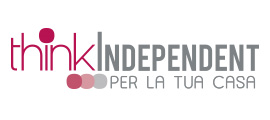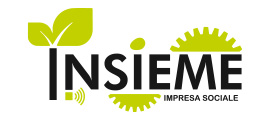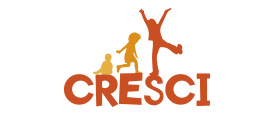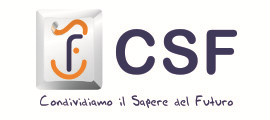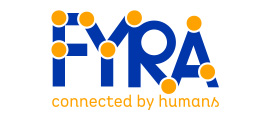Bias
Glossaries
| Term | Definition |
|---|---|
| Bias | Bias is a systematic distortion or tendency that deviates judgement, perception or data processing from objectivity. It is a non-random, but predictable, error. In the creative sectors and marketing, the term most often refers to cognitive biases (automatic mental prejudices that influence consumer behaviour) or data/algorithmic biases (distortions that influence the results of research, algorithms and artificial intelligence). What is it used for / Why is it importantUnderstanding the concept of bias is fundamental for two main reasons:
When is it used / In what context is it usefulThe concept of bias is omnipresent and applies to almost all our sectors:
Practical exampleAn e-commerce website displays the message: "Over 5,000 people have already purchased this product this month". This is not just a piece of data, but the activation of the Bandwagon Effect. Faced with this information, our brain instinctively thinks: "If everyone is buying it, then it must be a good product". We trust the judgement of the crowd to reduce the effort of choice, even if that product may not be the best for our specific needs. Extra InsightCognitive biases are not "defects" of the brain, but heuristics: mental shortcuts that our mind has evolved to make quick decisions and save energy. Ethical marketing (and Nudging) uses them to facilitate a positive choice for the user; manipulative marketing (the Dark Patterns) exploits them to force a choice against the user's interest. Algorithmic bias, on the other hand, is almost always negative and harmful, as it stems from incomplete training data or data corrupted by human prejudices that the algorithm learns and amplifies. |

 IT
IT  EN
EN 









